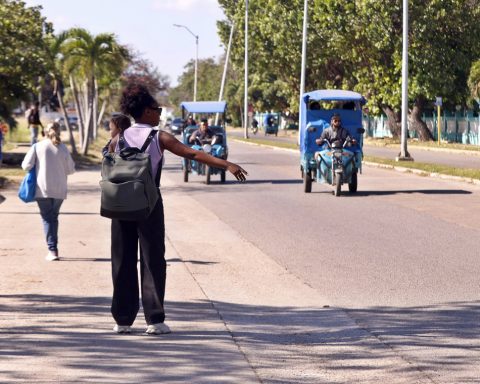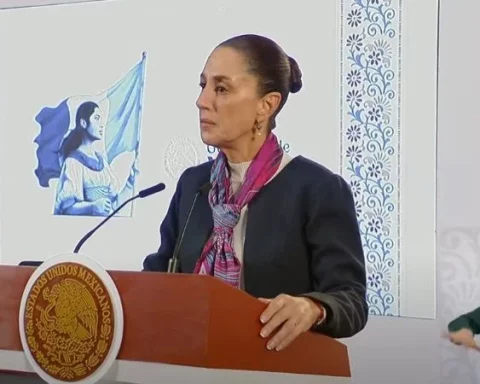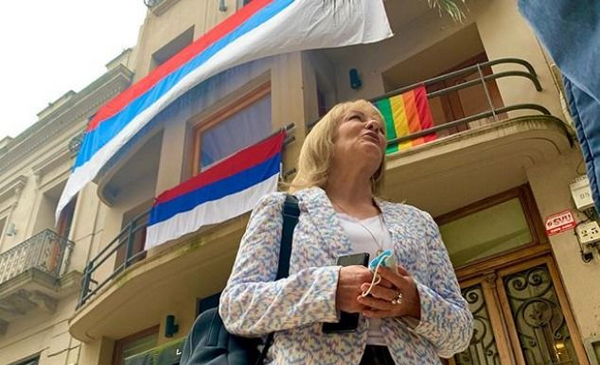About two years have passed since the world celebrated March 8 without wearing a mask.
No one could have guessed then, between applause and meringues, that a microscopic entity would appear on the face of the Earth that would endanger the life of humanity.
Much less would the women of the world have been able to imagine how much awaited them, particularly them, because of COVID-19.
But just days ago, the United Nations Development Program (UNDP) ratified in the report «The pandemic of inequality» that this serious health situation evidenced, once again, the differentiated way in which crises impact women, deepening gender inequalities and placing this sector of the population in a disadvantageous position in terms of their economic and physical autonomy, and in taking of decisions.
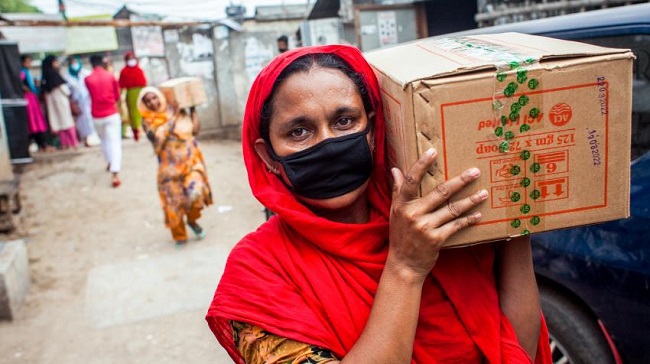
Photo: Fahad Kaizer / UNDP Bangladesh
So much so, that the spread of this coronavirus, with its sequel of infections and deaths, increased workloads for women by up to three times.
It has been two years that for them are equivalent to a decade of setbacks in terms of rights, due, among other reasons, to job loss, lower financial income, and a huge increase in unpaid activities, especially those referred to to home and family.
This is validated by research from several international organizations. Among them, the International Labor Organization (ILO), which revealed how only in Latin America and the Caribbean, where the participation of women in employment had reached nearly 52.3% in the first quarter of 2019, fell to 43 % in the same period of 2020.
And still at the end of last year, of the 23.6 million jobs that They lost at the worst moment of the crisis —the second quarter of 2020—, some 4.2 million remained to be recovered.
A report presented this month by the regional director of the ILO, Vinícius Pinheiro, indicates it, underlining the abysmal difference in the case of men, who had already almost fully recovered the 26 million jobs that were lost then in the region.
In the workplace, the strongest impact was concentrated precisely where the majority of Latin American women work: in informal jobs and in micro, small and medium-sized enterprises.
The global health crisis “exacerbated existing structural inequalities. Rural women, heads of households with young children, those with less training and education, indigenous and Afro-descendant women have been more affected”, as indicated by Roxana MaurizioILO regional specialist in labor economics.
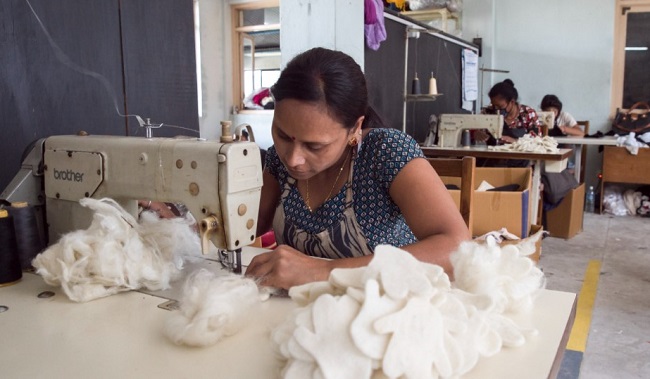
Photo: BM
Gender violence also put its figures in the red due to the pandemic. The report “Violence against women during COVID-19”, by UN Women, reveals, according to a survey applied in 13 countries, that domestic violence intensified in the pandemic and sexual harassment in public places increased.
They are just figures, but behind them throb millions of stories of fractured lives and still today in bankruptcy.
Some might suppose that they are not the most suitable for a day like this, of celebration. But the best way to celebrate today, in this world in crisis, is to know to amend and foresee.
Incidentally, the aforementioned UNDP report noted that “the COVID-19 pandemic can be interpreted as a phenomenon that exceeds the limits of a global health crisis. It is part of a constellation of events that profoundly questions the model of society in which the majority of the planet’s population lives.
Cuban women between the stove and the microscope
In Cuba, women have also been hit by the global health situation, but there are singularities and political will that distinguish this Caribbean island.
Not for pleasure, in the national central act for this International Women’s Dayheld in Yaguajay, Sancti Spíritus, Teresa Amarelle, a member of the Political Bureau of the Communist Party of Cuba and general secretary of the Federation of Cuban Women (FMC), highlighted the example that this country represents for many women around the world, by showing them that it is feasible the transformation of society being participants in decision-making and in the scope of their full rights, even in the midst of a harsh economic, commercial and financial blockade imposed by the United States against the largest of the Antilles.
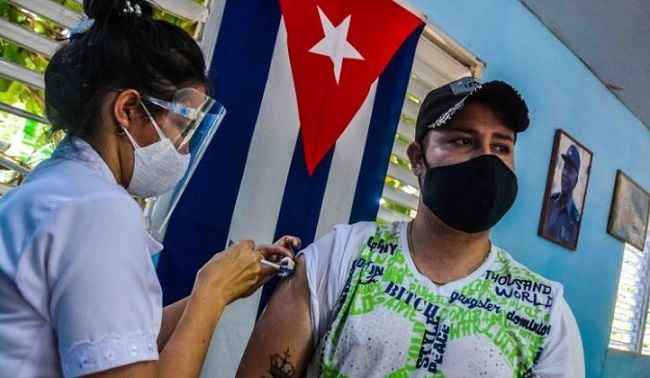
Photo: cuba.cu
The protagonism of Cuban women is there, palpable, evident, actively participating together with men in the popular consultation process on the draft of the new Family Code that is taking place today and that, once again, places them on the rung of the dignity; taking part in both production and services; the same in front of the stove as before a microscope.
So much so that today in Cuba, 53% of those who do research in science and engineering are women; They make up 70.4% of the health personnel, and they were also the ones who headed more than 70% of the 900 research and innovation projects for the control of COVID-19 deployed in Cuba.
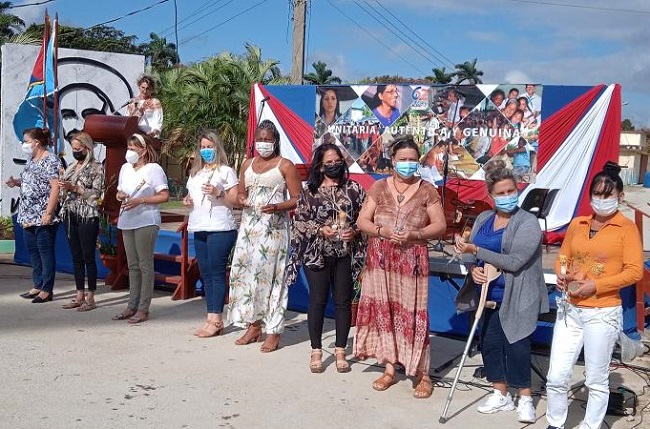
In Yaguajay, during the national central act for International Women’s Day. Photo: Juan Carlos Castellón
For these and other reasons, the Cuban president, Miguel Díaz-Canel Bermúdez, recently recalled on his Twitter account: “In Cuba there is no better celebration for women, on the occasion of March 8, its International Day, than activism growing for its full realization in a society that increasingly offers more opportunities for its protagonism”.
On #Cuba There is no better celebration for women, on the occasion of March 8, their International Day, than the growing activism for their full realization in a society that increasingly offers more opportunities for their protagonism. #CubaLivehttps://t.co/ZYF0nRVZSc
– Miguel Díaz-Canel Bermúdez (@DiazCanelB) February 22, 2022


